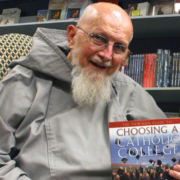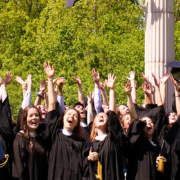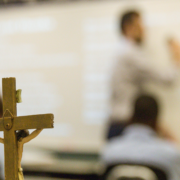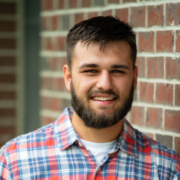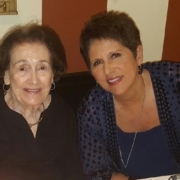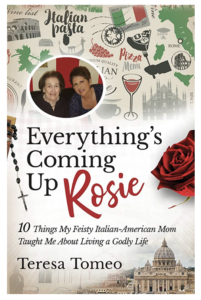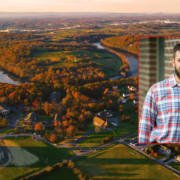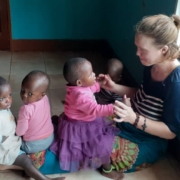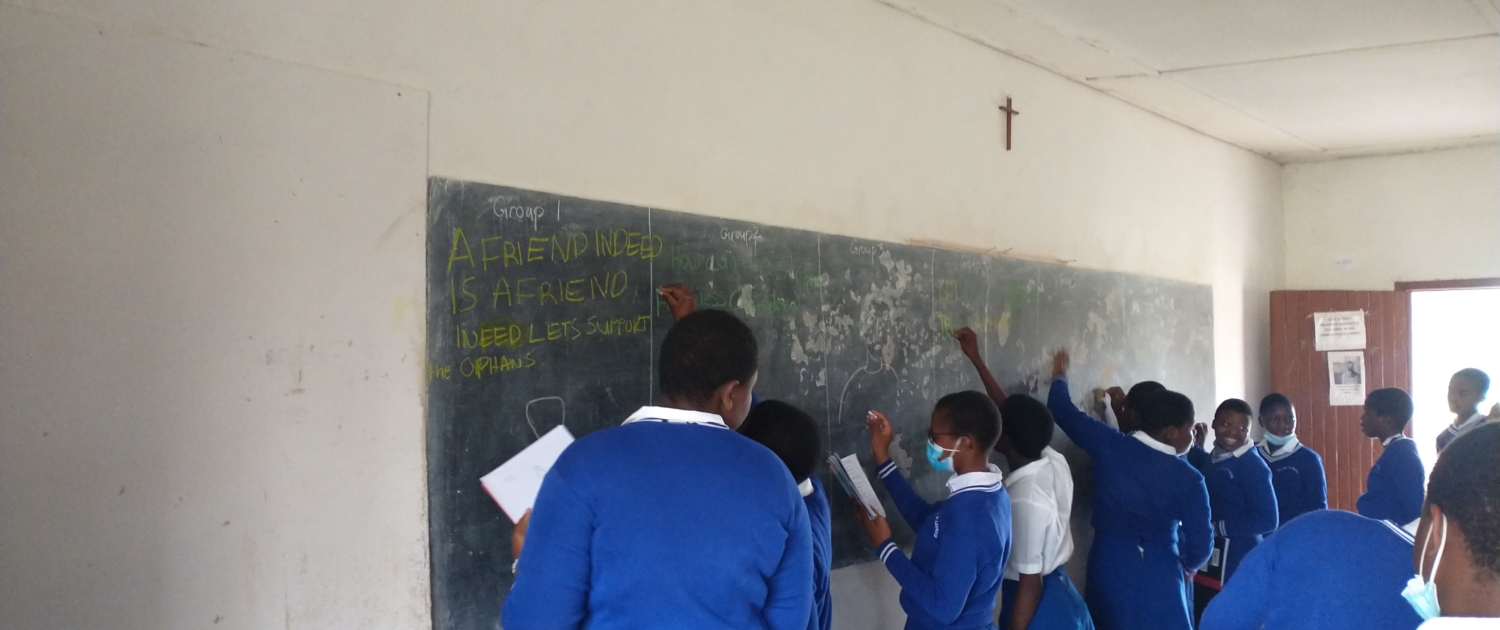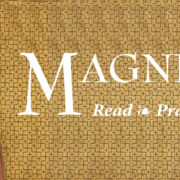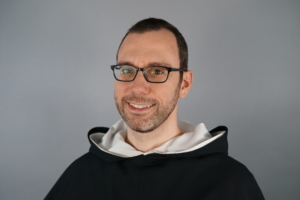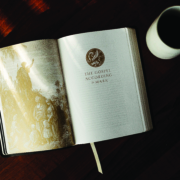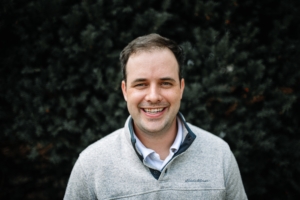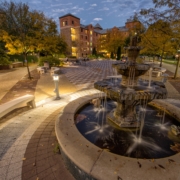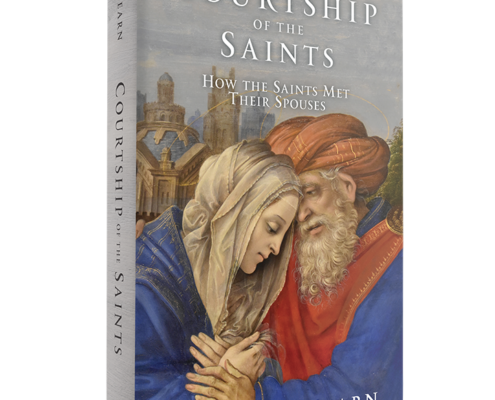The Cardinal Newman Society Through the Years
Since 1993, The Cardinal Newman Society has led the growing movement for renewal of faithful Catholic education. These are just some of the highlights of the last 30 years.
1993
Founding of CNS
Inspired by Saint John Paul II’s apostolic constitution, Ex corde Ecclesiae, Patrick Reilly and fellow alumni of Catholic colleges meet in Washington, D.C., in 1993 to launch The Cardinal Newman Society (CNS).
1995
National Conference
CNS brings national attention to the need for a renewal of Catholic education with a series of annual conferences featuring leading Catholics, including Cardinal Avery Dulles, S.J., Fr. Joseph Fessio, S.J., Peter Kreeft, Tom Monaghan, Fr. Richard John Neuhaus, Justice Antonin Scalia,
George Weigel, and more.
1999
Ex corde Ecclesiae
CNS is invited to advise the U.S. bishops’ committee implementing Ex corde Ecclesiae. Despite strong opposition from many college leaders and theologians, the final rule for colleges (1999) and mandatum guidelines for theologians (2001) follow CNS recommendations.
2007
The Newman Guide
With the aid of Fr. Benedict Groeschel, C.F.R., CNS releases the first edition of The Newman Guide in 2007 to celebrate faithful Catholic colleges and help families in the college search. The guide is instrumental to the survival and growth of many Newman Guide colleges. In 2009, Pope Benedict XVI receives The Newman Guide on the steps of Saint Peter’s Basilica.
2007
Eucharistic Miracles
For several years, CNS coordinates U.S. school and college exhibits of the “Eucharistic Miracles of the World,” developed by Blessed Carlo Acutis. Our “Adoration U” video, encouraging students’ devotion to the Blessed Sacrament, is featured on EWTN.
2008
Higher Education Center
For several years starting in 2008, CNS sponsors the Center for the Advancement of Catholic Higher Education, promoting best practices to strengthen Catholic identity and hosting gatherings of Catholic college leaders. Today CNS continues many of the Center’s initiatives and educator working groups.
2008
Pope Benedict in U.S.
CNS sparks a national conversation about the need for faithful Catholic education in advance of Pope Benedict XVI’s powerful address to educators at The Catholic University of America in 2008. Two years later, CNS members pledge more than 1,000,000 prayers and Masses for
the Holy Father.
2009
Obama at Notre Dame
Over the years, CNS opposes numerous scandals in Catholic colleges, including theological dissent, abortion and same-sex marriage advocacy, The Vagina Monologues performances, honors for vocal opponents of Catholic teaching, and more. In 2009, CNS gathers 367,000 signatures and the support of 83 bishops urging the University of Notre Dame not to honor pro-abortion President Barack Obama.
2011
Obamacare Mandate
In 2011, the Obama administration’s federal contraceptive mandate sparks more than a decade of legal threats to Catholic education related to contraception, abortion, same-sex marriage, and gender ideology. CNS publicly advocates the rights of Catholic educators, files amicus briefs in key federal court cases, and helps educators defend against threats from the Obama and Biden administrations, an EEOC ruling demanding contraception coverage at Belmont Abbey College, a lawsuit fighting single-sex dorms at The Catholic University of America, the National Labor Relations Board’s violations of religious freedom, and more.
2012
Catholic Education Honor Roll
CNS recognizes faithful Catholic schools on its Catholic Education Honor Roll and expands our mission to include Catholic education at all levels.
2012
My Future, My Faith
CNS launches My Future, My Faith publication to help Catholic families navigate the path from high school to college and learn about Newman Guide institutions. More than 200,000 copies have been distributed to date.
2013
Catholic Is Our Core
In 2013, CNS launches the Catholic Is Our Core initiative to explain why the Common Core State Standards are incompatible with faithful Catholic education. CNS meets with 30 bishops and diocesan school leaders and exposes a $100,000 grant from the Bill Gates Foundation to promote the Common Core in Catholic schools.
2014
Recruit Me
With its online program “Recruit Me,” CNS links high school students with Newman Guide colleges. A $5,000 essay scholarship program is later added to help expose more students to faithful education.
2015
Vatican World Congress
On the 50th anniversary of Gravissimum Educationis and
25th anniversary of Ex corde Ecclesiae in 2015, CNS participates
in the Vatican World Congress on Education.
2015
Teacher Witness
In 2015, CNS comes to the defense of Archbishop Salvatore Cordileone of San Francisco and his robust morality expectations for school teachers. CNS publishes recommended employment guidelines, leading to the Catholic Identity Standards Project to promote clear standards for all aspects of Catholic education.
2016
Catholic Curriculum standards
CNS develops and publishes Catholic Curriculum Standards to guide K-12 education and help dioceses shift away from secular state standards. By 2023, our Standards are used by at least 36 dioceses and 1,189 Catholic K-12 schools.
2017
Principles of
Catholic Identity
In 2017, after a thorough review of Vatican documents on Catholic education, CNS publishes its Principles of Catholic Identity in Education to guide all work of The Cardinal Newman Society.
Building upon this foundation, The Cardinal Newman Society has accomplished nearly as much in the last few years as in the last few decades. This includes:
- Building upon this foundation, The Cardinal Newman Society has accomplished nearly as much in the last few years as in the last few decades. This includes:
- Catholic families nationwide rely on The Newman Guide for guidance in choosing faithful colleges, and we are reaching thousands more families with our videos, social media outreach, and college fairs. This year, the guide will expand to recognize schools and graduate programs.
- We are defending against threats to faithful Catholic education, including scandal and infidelity but also government attacks on religious freedom. And we are helping educators better protect their own institutions with well-constructed policies and faithful practices.
- Our standards and other guidance for Catholic educators have expanded greatly. We often pivot quickly to address immediate challenges, like critical race theory and gender ideology.
- Our Eucharistic Education Task Force is helping renew devotion to the Eucharist by the most effective means of evangelization: Catholic education.
God has truly blessed this work of promoting and defending faithful Catholic education. We ask His blessings on our continued work this year and for the next many decades—as long as it takes to ensure that every Catholic family has access to faithful education.
Justin Mcclain,
marketing coordinator for
educator resources.
Jmcclain@cardinalnewmansociety.org

